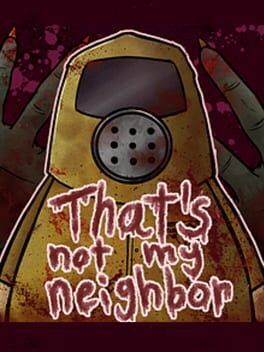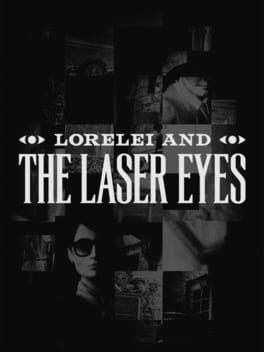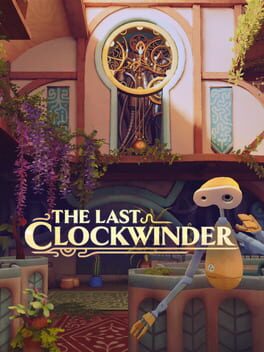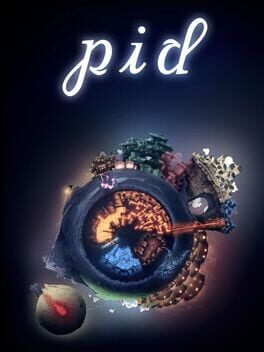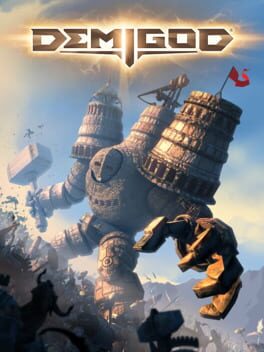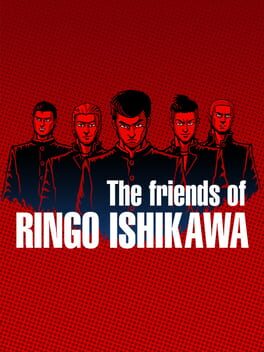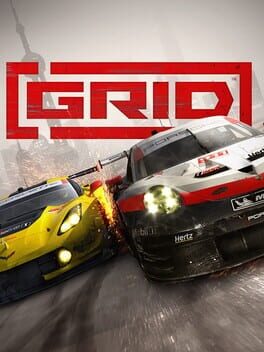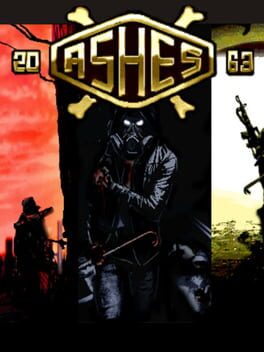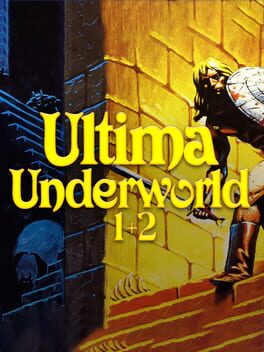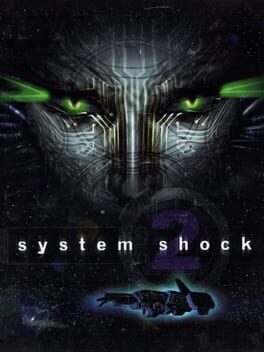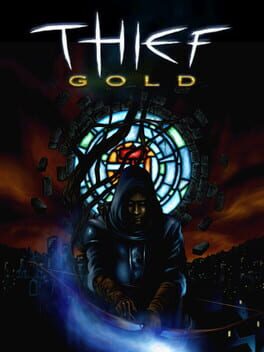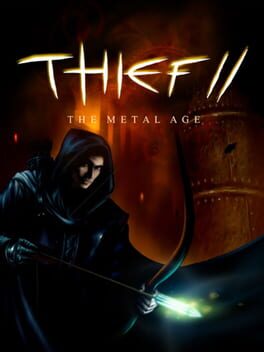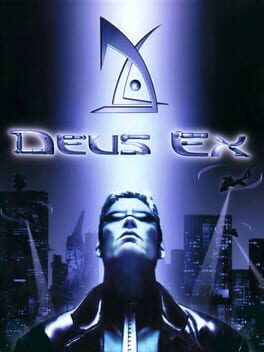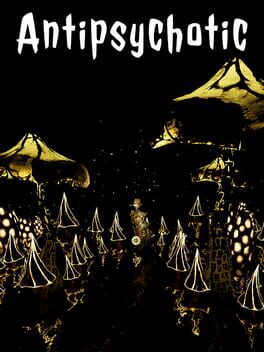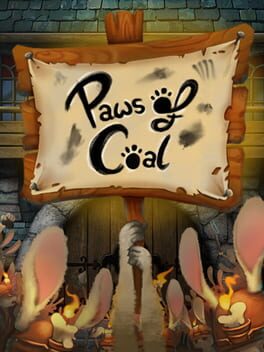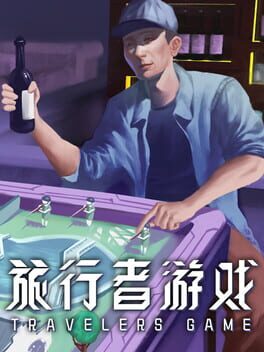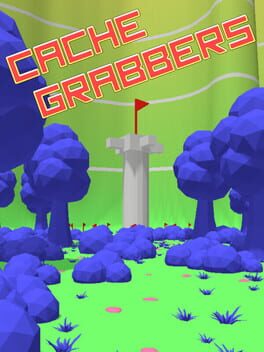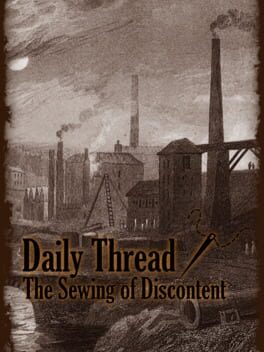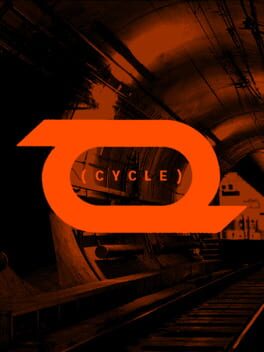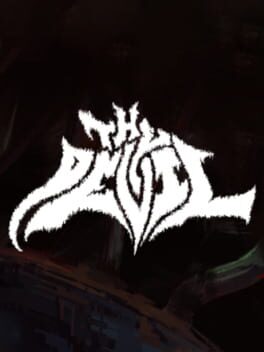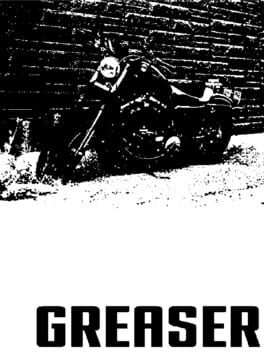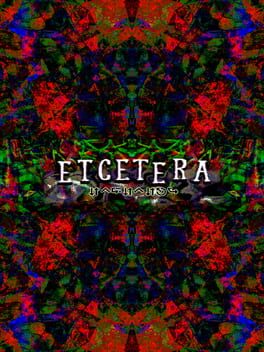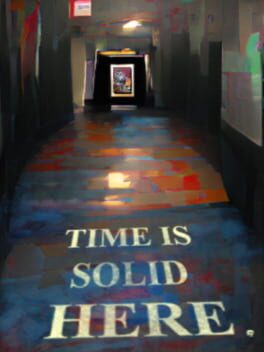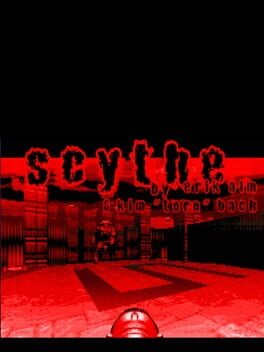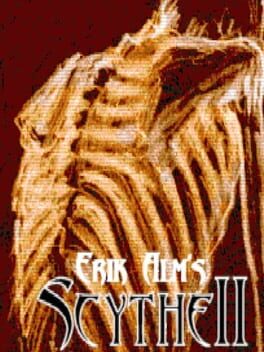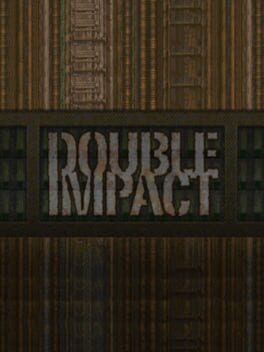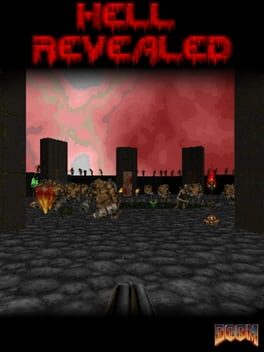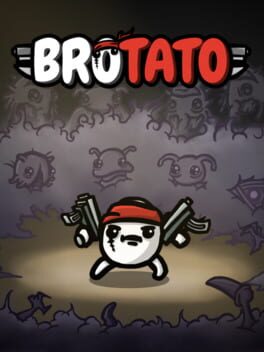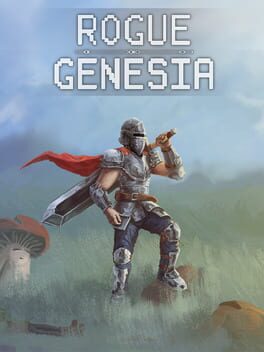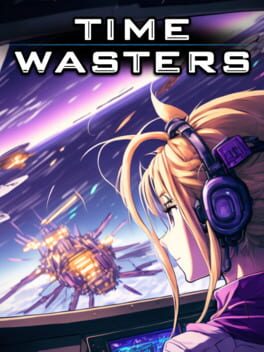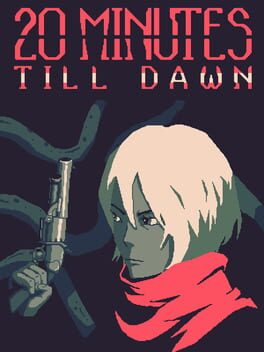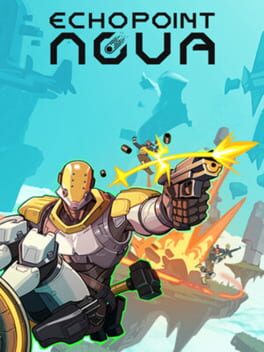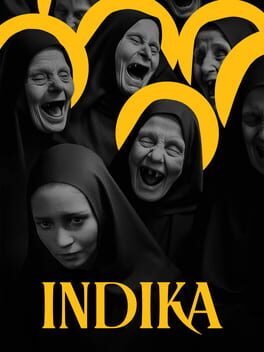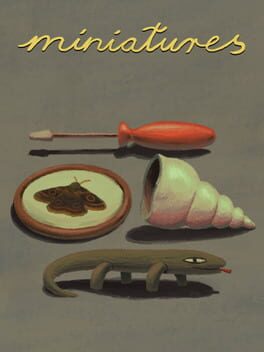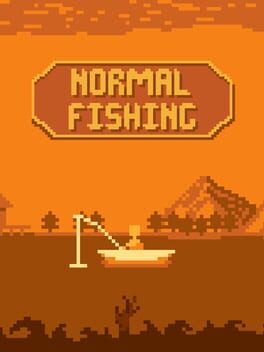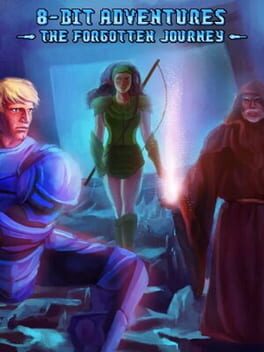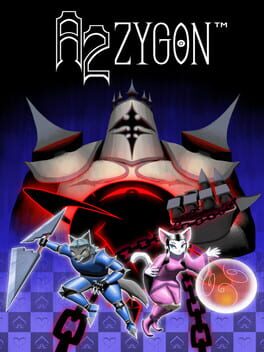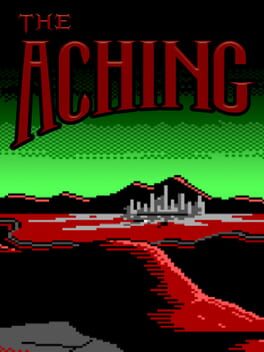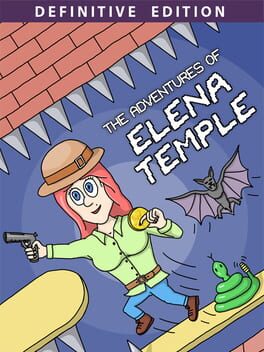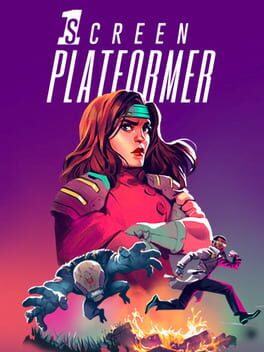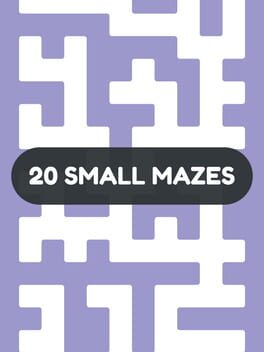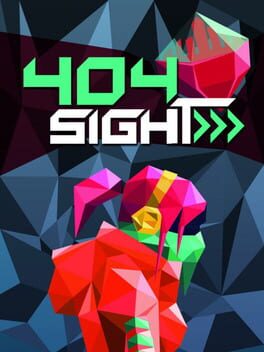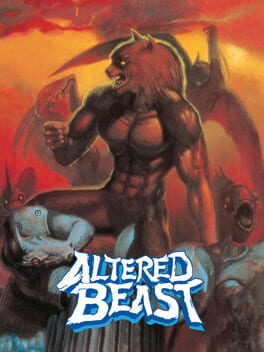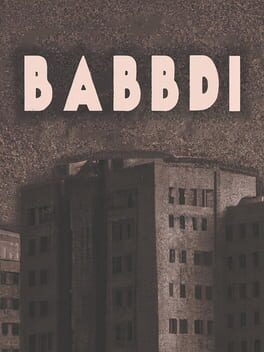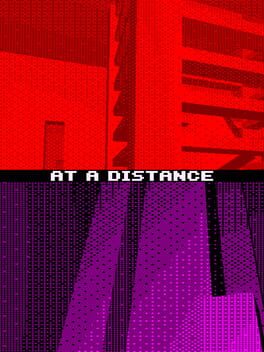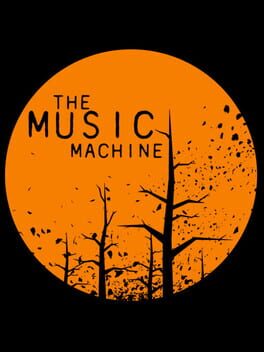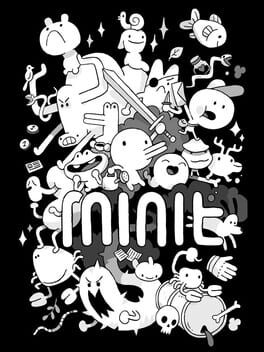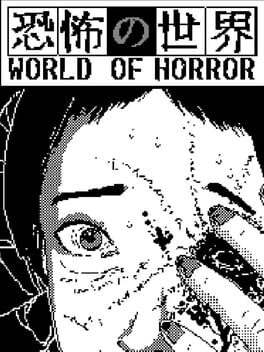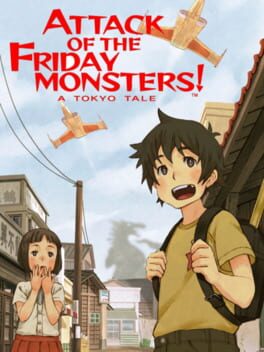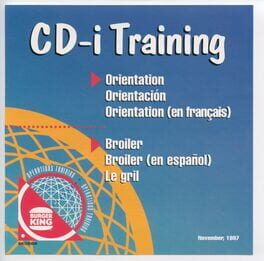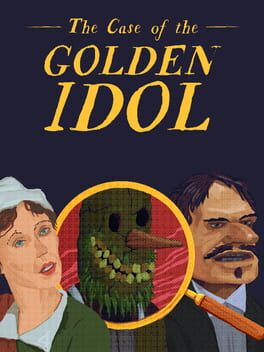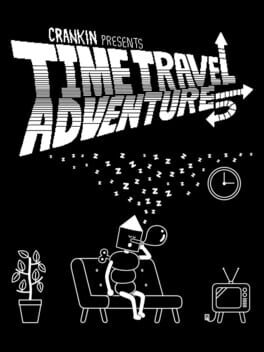JoeSchmoe
BACKER
205 reviews liked by JoeSchmoe
Lorelei and the Laser Eyes is a puzzle game unlike anything I’ve ever experienced. Swedish developer Simogo, which has been innovating in the genre since at least 2013’s Year Walk, has crafted an immaculate interactive mystery dripping with style, rich with an enthralling story to unravel, and chock full of masterfully designed puzzles to obsess over. The game’s logic-heavy mechanics will immediately draw parallels to Lucas Pope’s seminal Return of the Obra Dinn. But just as that game’s innovations and influence made it a common point of reference for critics when reviewing games that followed, I can only assume we will start seeing critics drawing comparisons to Lorelei in much the same way. Simogo’s accomplishment is a step forward for not only the puzzle genre but video games as a whole.
The Last Clockwinder
2022
Games that tell stories only capable of being relayed through the medium of gaming will always hold a special place in my heart. Since my first encounters with video games as a whole, I've never quite found any method of storytelling to even compare to it. Sure, the occasional film or manga or what have you might catch my attention, but those I hold at the peak of any other medium don't really come close to the experiences I've had with gaming.
Return of the Obra Dinn has once again solidified this idea for me, and it does so in such a way where I feel that everything within the experience is deserving of commendation. The actors, writing, art, music, and everything all together unite for an extremely fleshed out and cohesive experience that held my attention the whole way through. I believe this holds true for much of the game's playerbase due to the incredible completion rates seen on each of the achievements. Return of the Obra Dinn manages to create a very unique gameplay loop I haven't quite seen elsewhere, it's an incredibly fresh and engaging experience that I feel anyone with a brain could hold appreciation for. It might not be a grand story in comparison to other titles of today, but it sure as hell is a good one, a GREAT one.
A game that will constantly have you thinking, theorizing, trying new things, finding new angles, and most importantly, keeping you engaged following through its bizarre and beautiful storytelling. This is a game that I believe couldn't and shouldn't be passed up, if you're interested, play it. You won't regret it.
Return of the Obra Dinn has once again solidified this idea for me, and it does so in such a way where I feel that everything within the experience is deserving of commendation. The actors, writing, art, music, and everything all together unite for an extremely fleshed out and cohesive experience that held my attention the whole way through. I believe this holds true for much of the game's playerbase due to the incredible completion rates seen on each of the achievements. Return of the Obra Dinn manages to create a very unique gameplay loop I haven't quite seen elsewhere, it's an incredibly fresh and engaging experience that I feel anyone with a brain could hold appreciation for. It might not be a grand story in comparison to other titles of today, but it sure as hell is a good one, a GREAT one.
A game that will constantly have you thinking, theorizing, trying new things, finding new angles, and most importantly, keeping you engaged following through its bizarre and beautiful storytelling. This is a game that I believe couldn't and shouldn't be passed up, if you're interested, play it. You won't regret it.
Pid
2012
If there was one segment I could choose to represent Pid as an experience, Id say: About halfway through the game or so, you come across a cavernous maze filled with the somber dulcet echoes of jazz saxophone. At the end of the maze, you find a saxophonist, the cave dead silent as you speak to him. Just needed a quiet place to play, he says. The saxophone picks up in the distance, off-screen, as you depart. Thats what Pid is, a series of vibes.
Its like a dream diary turned into a platformer by one of those game jam kids that only write things down in game engines. The platforming is simple, maybe even sometimes rudimentary. Sometimes its clumsy. But its also always whimsical, evocative, oozing the atmosphere of a quaint and quiet night sky. There are some moments in this game that have left vivid imprints on my mind, that I recall often and which keep this small, seemingly unknown game floating in my constellation of influences.
Its like a dream diary turned into a platformer by one of those game jam kids that only write things down in game engines. The platforming is simple, maybe even sometimes rudimentary. Sometimes its clumsy. But its also always whimsical, evocative, oozing the atmosphere of a quaint and quiet night sky. There are some moments in this game that have left vivid imprints on my mind, that I recall often and which keep this small, seemingly unknown game floating in my constellation of influences.
Demigod
2009
Unfortunately I was quite disappointed in this game. It has a really awesome look to it and have some decent opening story, however what has unimpressed me is the actual gameplay is like a single-player Dota2, but with a couple of changed. One being that you can summon your own minions to aid you, you can also upgrade your citadel so that the waves of spawn that attack the enemy's spawn get better armour, weapons and units to help give a tactical edge in a sense of Command and Conquer and researching technology, but spending gold to do that means you won't be able to buy items for yourself to equip at the shop.
You have capture points too and as I said this game is fun if you like the Dota2 style and it's got some unique characters and a compelling story, but it's a shame that there is no campaign mode because I would've loved that. The idea that the different worlds would end differently depending on the demigod you chose.
This game really isn't for me, I already have Dota2 and I'm not really a fan of that game either so unfortunately I'm not going to spend anymore time on this game.
You have capture points too and as I said this game is fun if you like the Dota2 style and it's got some unique characters and a compelling story, but it's a shame that there is no campaign mode because I would've loved that. The idea that the different worlds would end differently depending on the demigod you chose.
This game really isn't for me, I already have Dota2 and I'm not really a fan of that game either so unfortunately I'm not going to spend anymore time on this game.
There's an in-game bookstore in The Friends of Ringo Ishikawa which predictably sells books which Ringo can read. They all have slightly parodic, possibly copyright dodging titles but are all clearly based on existing words of literature e.g Odysseus - > Ulysses, Brothers -> Brothers Karamazov etc.
Reading each of them involves figuring out the slightly obtuse method of finding a bench and using the right shoulder button and letting the slow progress bar fill up. If you've read the speed reading books in the school library you can speed the process up but it will take a significant amount of ingame time to read through the longer novels like Ulysses and Anna Karenina. There is basically 0 mechanical benefit in doing so, negative, if you factor in opportunity cost. Well, there is one female friend of Ringo's who has unique dialogue if you've read any of the russian novels but other than that (and the achievement for reading them all I suppose) like in real life you basically have to read for shock horror its own sake.
It is perhaps silly, but The Friends of Ringo Ishikawa's particular roleplaying, simulation charm had such a grip on me on replay that I sat on a bench in the park on a sunday and would periodically pause reading The Brothers Karamazov to light up a cigarette and continue where I left of, then stopping to put it out. I can't even really put my finger on why, perhaps its because for all the maturity of the subject matter and perceived adult-ness (which is even addressed in one of the conversations with Ringo's bookworm friend declaring that Adults didnt watch anime) its the kind of thing that taps into that dormant desire to make up stories of our toys of childhood; when play and learning went hand in hand.
Its also because smoking in a game is as close as I'll hopefully ever get to it IRL after giving it up a few years ago. Reading whilst smoking brings a nostalgia for one of the worst years of my life when I was 18 and had just started university in a different country.
I don't smoke anymore, but I've been getting back into reading. Reading Rumble Fish recently it was hard not to notice the influence in Ringo's story, a tale of a troubled teen gang leader's deep existential emptiness and misplaced idealism about the "rules" of chivalry supposedly involved. Even the scene in RI of Goro staring off into the lit up city across the river wondering if there's anything greater out there, a naïve hope of escaping the ennui of their hometown into a mythical "other place" smacks of a particular chapter in Rumble Fish; seemingly the only time at which the main character is comfortable is when drunk and surrounded by the pretty lights and party atmosphere of the city, shortly before being mugged.
I'm currently reading through Winesburg Ohio, I suppose I could have waited until i read through all of the books to come back and replay Ringo and do some kind of overlong comparative analysis of the influences, but I can't be assed right now. Maybe I will do that in the future. In replaying Ringo there was the unfortunate realization that the combat is kinda shit compared to Fading Afternoon and a few bugs got a bit annoying, as well as the confirmation that the pacing of the final few weeks was as weird as I remembered it, but everything else about the game was stellar, and I think I enjoyed it even more than last time. Ringo is a bit like Paprika and other works I love to revisit in that it feels like you're finding something new every time. For as obtuse and even abrasive as the design philosphy of Yeo's games can be, they are equally mesmerising.
For example, I discovered upon replay that you can squat to recover health. I also learned that story events do not trigger if you have your gang with you, which is both useful in setting the terms of the progression but thematically appropriate: Ringo's friends are coming apart, him seemingly the last one to realize this, and his various activities calling upon him to be alone and not keeping the gang together accelerates the process. That ending still hits fucking hard man. God. Y'know what? Fuck it, for all its faults, this is a 5 star game for me now. I don't think it will be most people's cup of tea but I humbly ask for everyone to play it at some point, even if just for a few hours
Reading each of them involves figuring out the slightly obtuse method of finding a bench and using the right shoulder button and letting the slow progress bar fill up. If you've read the speed reading books in the school library you can speed the process up but it will take a significant amount of ingame time to read through the longer novels like Ulysses and Anna Karenina. There is basically 0 mechanical benefit in doing so, negative, if you factor in opportunity cost. Well, there is one female friend of Ringo's who has unique dialogue if you've read any of the russian novels but other than that (and the achievement for reading them all I suppose) like in real life you basically have to read for shock horror its own sake.
It is perhaps silly, but The Friends of Ringo Ishikawa's particular roleplaying, simulation charm had such a grip on me on replay that I sat on a bench in the park on a sunday and would periodically pause reading The Brothers Karamazov to light up a cigarette and continue where I left of, then stopping to put it out. I can't even really put my finger on why, perhaps its because for all the maturity of the subject matter and perceived adult-ness (which is even addressed in one of the conversations with Ringo's bookworm friend declaring that Adults didnt watch anime) its the kind of thing that taps into that dormant desire to make up stories of our toys of childhood; when play and learning went hand in hand.
Its also because smoking in a game is as close as I'll hopefully ever get to it IRL after giving it up a few years ago. Reading whilst smoking brings a nostalgia for one of the worst years of my life when I was 18 and had just started university in a different country.
I don't smoke anymore, but I've been getting back into reading. Reading Rumble Fish recently it was hard not to notice the influence in Ringo's story, a tale of a troubled teen gang leader's deep existential emptiness and misplaced idealism about the "rules" of chivalry supposedly involved. Even the scene in RI of Goro staring off into the lit up city across the river wondering if there's anything greater out there, a naïve hope of escaping the ennui of their hometown into a mythical "other place" smacks of a particular chapter in Rumble Fish; seemingly the only time at which the main character is comfortable is when drunk and surrounded by the pretty lights and party atmosphere of the city, shortly before being mugged.
I'm currently reading through Winesburg Ohio, I suppose I could have waited until i read through all of the books to come back and replay Ringo and do some kind of overlong comparative analysis of the influences, but I can't be assed right now. Maybe I will do that in the future. In replaying Ringo there was the unfortunate realization that the combat is kinda shit compared to Fading Afternoon and a few bugs got a bit annoying, as well as the confirmation that the pacing of the final few weeks was as weird as I remembered it, but everything else about the game was stellar, and I think I enjoyed it even more than last time. Ringo is a bit like Paprika and other works I love to revisit in that it feels like you're finding something new every time. For as obtuse and even abrasive as the design philosphy of Yeo's games can be, they are equally mesmerising.
For example, I discovered upon replay that you can squat to recover health. I also learned that story events do not trigger if you have your gang with you, which is both useful in setting the terms of the progression but thematically appropriate: Ringo's friends are coming apart, him seemingly the last one to realize this, and his various activities calling upon him to be alone and not keeping the gang together accelerates the process. That ending still hits fucking hard man. God. Y'know what? Fuck it, for all its faults, this is a 5 star game for me now. I don't think it will be most people's cup of tea but I humbly ask for everyone to play it at some point, even if just for a few hours
Grid
2019
It's a decent and visually stunning simcade racer, but it's kind of barebones and simple compared to what's become standard for racing games. No real campaign or progression other than a list of events and no customization other than paint jobs. The series has great potential but there's no real reason at the moment to play Grid over the dozens of other racing games available.
Ashes 2063 feels like a long lost Build Engine shooter that pays loving homage to Mad Max. The shooting feels great, the level design feels solid - but perhaps what's most surprising is the care and attention to world building and story. This isn't just a good total conversion mod for Doom, this is one of the best Retro FPS titles period.
40 lists liked by JoeSchmoe
by Clorth |
184 Games
by LordDarias |
20 Games
by PeaceFlyGod |
198 Games
by LS197 |
244 Games
by Nategasm |
57 Games
by kuehlschrank |
81 Games
by MendelPalace |
231 Games
by Onilux |
70 Games
by waverly |
25 Games
by Detchibe |
25 Games
